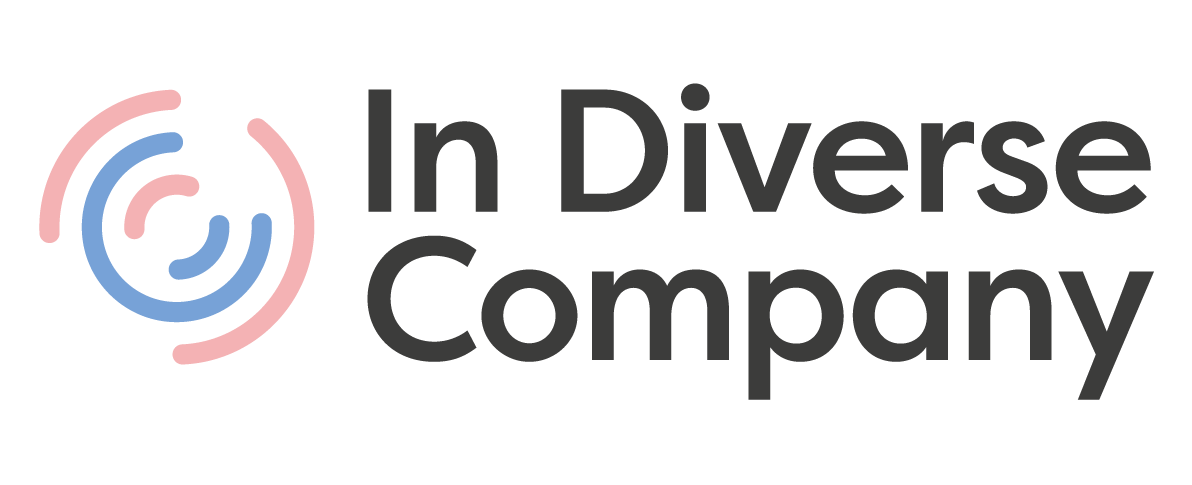By Saloni Bhatia, Psychology Researcher
Spurred by Covid-19, many of us have been grappling with changes to our health, socialisation, and work patterns. While the flexibility afforded through remote work arrangements has benefited some, many others have been navigating challenges associated with increased caregiving responsibilities, loneliness, job uncertainty, and even layoffs.
Often overlooked, people living with a disability are experiencing more obstacles and disadvantages due to the pandemic. This includes decreased access to healthcare and daily essentials, increased financial constraints, and even violence.[i] For those who are working, these problems sometimes add on to existing work-related issues such as few job opportunities, poor career progression, and inadequate work infrastructure.
What does “disability” mean?
The United Nations Convention on the Rights of Persons with Disabilities defines people with disabilities as ‘’those who have long-term physical, mental, intellectual or sensory impairments which in interaction with various barriers may hinder their full and effective participation in society on an equal basis with others’’[ii]. The definition highlights the varied types of disabilities, from the more visible physical disabilities to those less visible like mental illnesses or learning difficulties. This distinction is important – one study found that 62% of employees who had disabilities had conditions that were invisible i.e. other people did not know of them[iii].
Why is this important?
With 1 billion of the global population experiencing some form of disability, it is paramount organisations include this marginalised group in order to create equity and a fully inclusive culture. Currently, people living with disabilities in both developed and developing countries are subject to higher unemployment levels than those with no disabilities[iv]. Moreover, Covid-19 has jeopardised the livelihoods of many people living with disabilities, especially those working in informal sectors, in low skilled jobs, or with low job security. However, the increasing acceptance of remote working has the potential to benefit both organisations and employees living with a disability as it overcomes several infrastructure and mobility related barriers that have previously been overlooked or simply just not implemented.
What can organisations do?
- Create awareness – There tends to be comparatively less understanding of invisible disabilities resulting in inadequate support being provided to those who experience them. Learning resources and training should be shared with all employees in organisations for them to understand the wide range of disabilities as well as to build greater awareness and empathy for people living with disabilities. The need for such knowledge and support is amplified with the additional stress brought on by Covid-19.
- Engage in more inclusive recruitment and daily practices– The rise in remote work means that organisations can and should embrace the opportunity to hire a more diverse workforce. Previously challenging barriers such as commuting via public transport and poor office infrastructure that often hinder recruitment, are now swiftly becoming obsolete with remote working. Increased knowledge of disabilities can also help organisations make reasonable adjustments to both their recruitment processes and work tasks, opening up a larger talent pool and allowing for fairer candidate selection as well as on-boarding. It can also help in supporting employees with the right equipment and technology to allow them to work effectively from home – as many organisations are doing for their able-bodied workforce.
- Conduct research – Most organisations have data on the demographic distribution of their workforce – this would include details on employees living with disabilities. However, tools like surveys, interviews, and focus groups, can be valuable in uncovering the workplace experiences of employees living with disabilities in more detail. Such research can inform organisational policies and employee benefits, making them more relevant to employee needs. Moreover, it can also highlight the effectiveness of recruitment and retention strategies – for both, employees with and without disabilities.
There are some companies that have taken commendable steps to ensure disability inclusion at work. Lemon Tree Hotels, an Indian hotel chain, not only actively recruits people living with disabilities, but also provides its employees training in sign language and sensitizes them to the work styles of employees with disabilities[v]. JPMorgan Chase launched an Autism at Work program resulting in increased recruitment of neurodivergent talent[vi]. In addition to modifying their assessment methods, they also successfully trained managers on embedding a culture change in using the preferred communication styles of their employees living with autism as part of this program.
Diversifying a workforce with better inclusion of employees living with disabilities is not solely a moral imperative. Research has shown that organisations that have an increased representation of people living with disabilities have better innovation, productivity, performance, and reputation[vii]. Covid-19 induced work patterns are now presenting new opportunities for organisations to become more inclusive.
_
In light of the changing socio-economic conditions triggered by Covid-19, In Diverse Company will be conducting research over the next few months to explore the employment experiences of people with disabilities. Want to get involved? We would love to connect with people with disabilities, activists, thought leaders, or organisations who are working in this space. Reach out to our team at info@indiversecompany.com.
[i] https://www.ncpedp.org/sites/all/themes/marinelli/documents/Report-locked_down_left_behind.pdf
[ii] https://www.un.org/disabilities/documents/convention/convention_accessible_pdf.pdf
[iii] https://coqual.org/wp-content/uploads/2020/09/CoqualDisabilitiesInclusion_KeyFindings090720.pdf
[iv]http://documents1.worldbank.org/curated/en/665131468331271288/pdf/627830WP0World00PUBLIC00BOX361491B0.pdf
[v] https://www.accenture.com/_acnmedia/PDF-142/Accenture-Enabling-Change-Getting-Equal-2020-Disability-Inclusion-Report.pdf#zoom=40
[vi] https://www.jpmorganchase.com/news-stories/neurodiverse-hiring-brings-social-and-business-benefits#:~:text=JPMorgan%20Chase%20launched%20Autism%20at,boast%20a%2099%25%20retention%20rate.
[vii] https://www.accenture.com/_acnmedia/PDF-89/Accenture-Disability-Inclusion-Research-Report.pdf
Photo by Canva
Liked this article? Share it with your network:
The increasing acceptance of remote working has the potential to benefit both organisations and employees living with a disability as it overcomes several infrastructure and mobility related barriers that have previously been overlooked or simply just not implemented.






